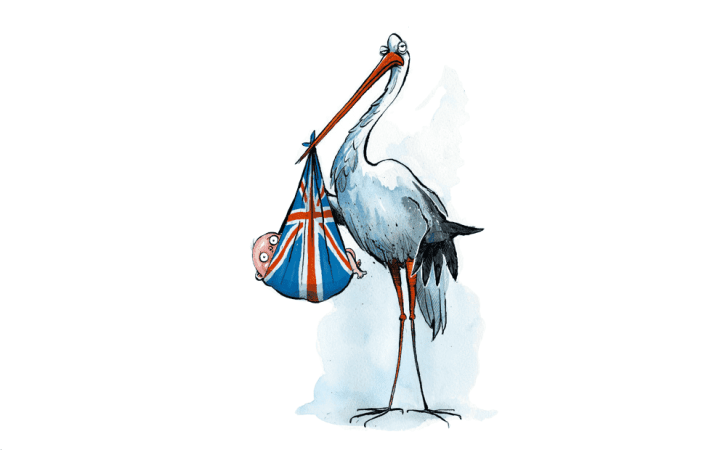Announcements from Tory leadership pretenders have been noticeably light on big ideas. But one interesting policy suggestion was floated today by the Mordaunt camp who have said that frazzled parents of toddlers should be given ‘childcare budgets’.
This is likely to horrify Treasury mandarins who prefer schemes to get parents (in reality, mums) back into work and paying taxes as quickly as possible. Free nursery care for all is the fashionable go-to answer for every right-on lobby group hoping to reverse tanking birth rates. If we could only open up more super cheap nursery places, women would push out children to fill the places. The trouble is new mums don’t want this.
An annual poll of new mothers published by the Department for Education shows about two-thirds of mums with children under four would rather work fewer hours so they could spend more time looking after their children. Some quick sums reveal there are likely to be two million working mothers stuck in the workplace when they would prefer to be back at home with their children.
Why are we intent on pushing mums into work to pay other people to look after their children when they would rather do it themselves?
Why are we intent on pushing mums into work to pay other people to look after their children when they would rather do it themselves? Quite a few mums would rather give up work altogether if they could afford it and only three in ten working mums would increase their hours if they could arrange good quality childcare which was ‘convenient, reliable and affordable.’
Mums are seemingly now little more than workers for the state. When will we listen to women? Not very soon it seems, some think-tanks are pushing for mums on Universal Credit to get unlimited free childcare to get these women back into work as quickly as possible.
But neuroscience takes a different view. The science shows that dumping under-twos into a nursery for long periods of time will have a negative impact on later school behaviour and does little to boost social skills and all important cognitive development. The best thing to do is read to your children. Putting babies into childcare likely damages cognitive skills and later behaviour. And yet a third of British one year olds are placed in childcare facilities for an average of 21 hours a week.
The way we hand out money to parents of very young children has a clear message: get back to work. This is a deliberate government policy, not so much a nudge as a great big shove.
These government payments are always presented as offering parents choice. It is a form of choice that would make even Henry Ford wince. You can make any choice around the care of your child you like as long as you put them into the care of someone else you don’t know, outside your own home, with dozens of other children.
Rumour has it that Treasury bean counters have been quietly working away on plans to subsidise more childcare places after discovering such a more would rake in tens of billions of pounds in extra tax. It won’t be long before we have boarding schools for toddlers.
Some Conservatives are able to see the problem. Earlier this month, Tory peer Lord Farmer presented a backbench bill which would frontload child benefit so parents can bag more of this cash in the first few years and less of it later on. We should just give parents the cash and let them decide if they are that keen on putting toddlers into long hours of nursery care. After all we shell out £35 billion a year in childcare allowances, benefits and payments to sub-contract parenting to nurseries.
Anyone who has spent sleepless nights and fraught days with a toddler will know how tough it can be. No one who has been through the toddler treadmill would propose a system which forces parents into isolation with their tiny offspring, but our current approach to childcare is pegged at the opposite extreme of a spectrum. All work and no child play.






Comments